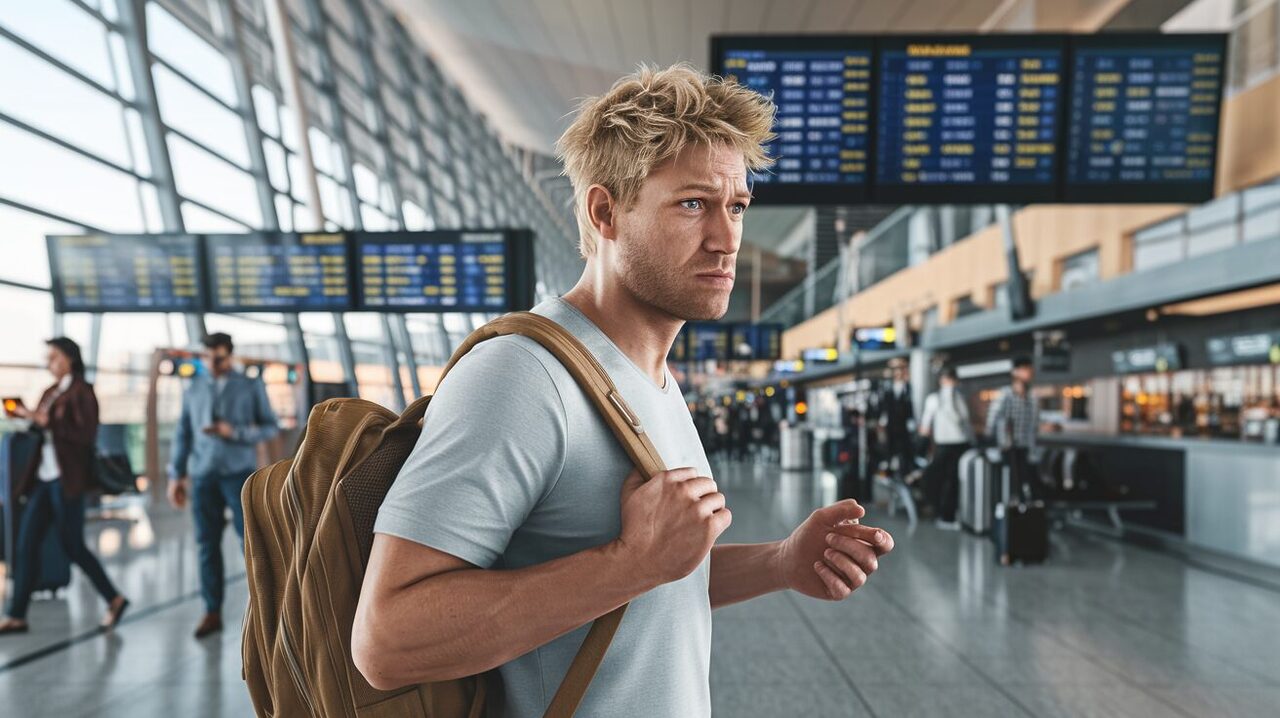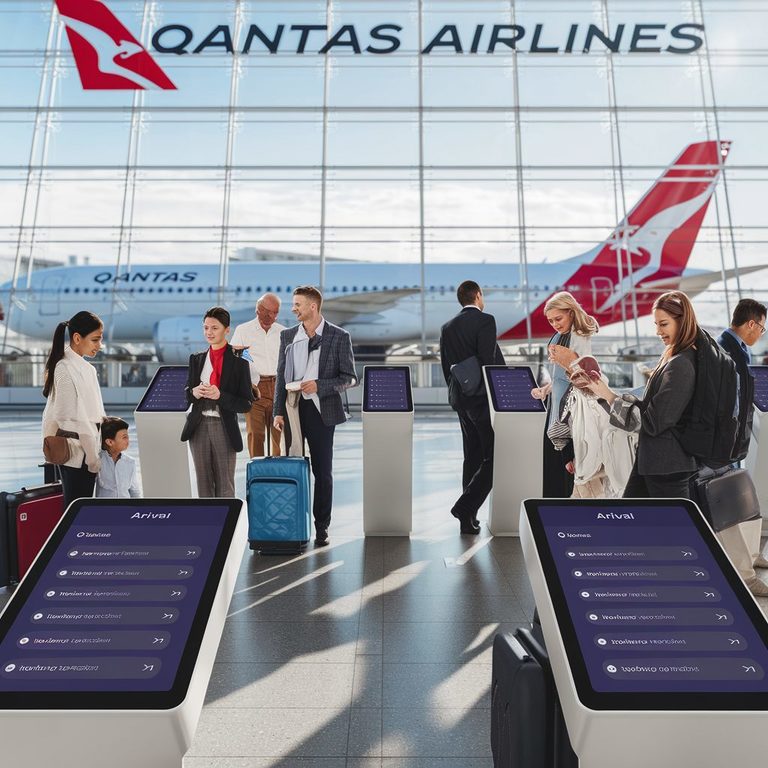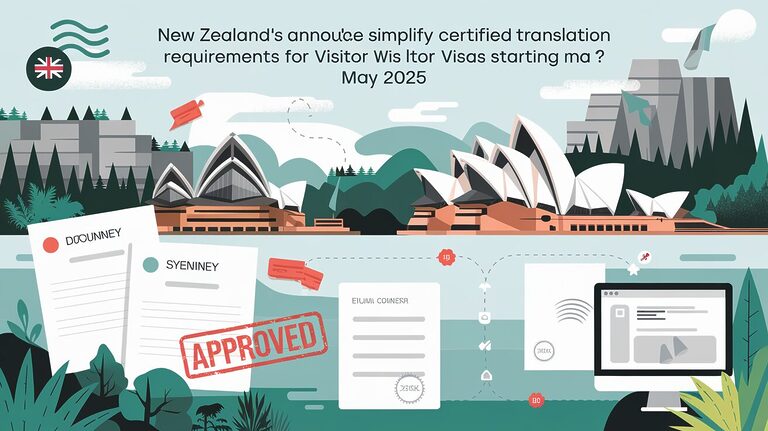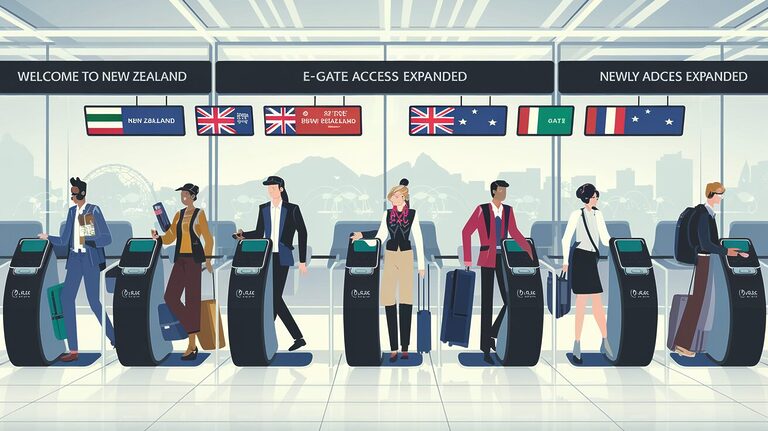In the modern age of technology, reliance on artificial intelligence for travel advice can sometimes lead to unexpected complications. A recent incident involving an Australian traveler serves as a cautionary tale about the potential pitfalls of trusting AI. Stranded at the airport due to incorrect information regarding visa requirements, this traveler highlights the importance of verifying crucial travel information through reliable sources. As the landscape of international travel becomes increasingly complex, the importance of expert guidance remains paramount.
Recently, a remarkable incident unfolded at an airport that has brought attention to the potential pitfalls of relying on artificial intelligence for critical travel information. An Australian man, Mark Pollard, faced unexpected challenges when he arrived at the airport, believing he was free to board his flight to Chile without the required visa. Unfortunately, misinformation provided by ChatGPT led to his unfortunate predicament, highlighting the limitations of AI in navigating complex travel requirements.
The Incident Unveiled
Mark Pollard, an Australian author, had planned to attend a conference in Chile. In preparation for his trip, he turned to ChatGPT to inquire about the visa requirements for a short stay in Chile. The AI confidently assured him that no visa was necessary, prompting Pollard to proceed to the airport, fully trusting the information he received. What ensued was an unfortunate situation that none could anticipate.
The Misinformation Dilemma
Upon reaching the airport, Pollard was met with a harsh reality—he could not board his flight due to the lack of a visa, a requirement he had been blissfully unaware of, thanks to the inaccurate advice provided by ChatGPT. This incident not only caused him to miss an important event but also illustrated a significant drawback of using AI models, which can lead to substantial misunderstandings and complications in the realm of travel.
The Role of AI in Modern Travel
Artificial intelligence has dramatically transformed how we access information and make decisions. However, as demonstrated in Pollard’s case, AI is not a foolproof source, particularly when it comes to the constantly evolving travel regulations and requirements. The inherent limitations of AI systems mean that critical information can sometimes be misrepresented or misunderstood, leading to potential obstacles for travelers relying on them.
The Warning From Experts
Even OpenAI, the creator of ChatGPT, acknowledges this limitation, cautioning users that “ChatGPT can make mistakes” and advising them to verify important information independently. Unfortunately, many users overlook these warnings, placing their faith in AI-generated content. Pollard’s unfortunate experience serves as a wake-up call on the importance of seeking out reliable sources when it comes to important travel logistics such as visa applications.
The Importance of Verified Information
In light of the complexities surrounding visa requirements, it becomes essential for travelers to consult trustworthy sources or seek the guidance of professionals specializing in travel documentation. Reliance on AI without verification can lead to costly mistakes and significant delays, as witnessed in Pollard’s situation. It’s vital to ensure that information is accurate and up-to-date, especially when it comes to international travel.
Expert Guidance in Visa Procedures
With the changing landscape of travel regulations, the expertise of professionals who are well-versed in visa processing becomes invaluable. They not only provide precise and personalized information based on nationality and travel destination, but also mitigate potential inconveniences that could arise from misinformation. Their assistance can steer travelers clear of unnecessary complications at the airport.
Conclusion on AI Limitations and Travel Preparedness
Pollard’s experience acts as a critical reminder that while AI can be a useful tool, it should not be the sole source of information for important travel matters. Travelers are encouraged to fact-check and consult experts to ensure a smooth and successful journey. Misinformation can lead to various inconveniences, all of which can be avoided through diligence and reliance on professional advice.
Consequences of AI Miscommunication for Travelers
- Stranded Passenger: An Australian traveler faced unexpected delays at the airport.
- Incorrect Visa Information: AI misled the traveler about visa requirements for Chile.
- Missed Conference: The traveler’s absence affected their participation in a significant event.
- Financial Loss: Costs incurred due to unplanned travel disruptions.
- Trust in Technology: Highlighting the risks of relying solely on AI for critical travel details.
- Need for Verification: Importance of checking information with reliable sources.
- Regulatory Complexity: Visa requirements can change frequently, needing expert insights.
- Use of Professionals: Advocates for consulting visa specialists to avoid pitfalls.
Stranded Due to AI Complications
An Australian traveler was left stranded at the airport after relying on ChatGPT for information about visa requirements for Chile. The AI erroneously informed him that no visa was necessary for a short stay. Armed with this incorrect information, he headed to the airport only to discover that a visa from the Chilean consulate was indeed mandatory. This mishap not only hindered his travel plans but also prevented him from attending a significant conference, highlighting the limitations of current artificial intelligence in providing accurate, verified travel information.

Hello! I’m Elisa, a 45-year-old travel companion with a passion for exploring new places and cultures. With years of travel experience under my belt, I thrive on creating memorable journeys for my clients. Let’s embark on an adventure together!




